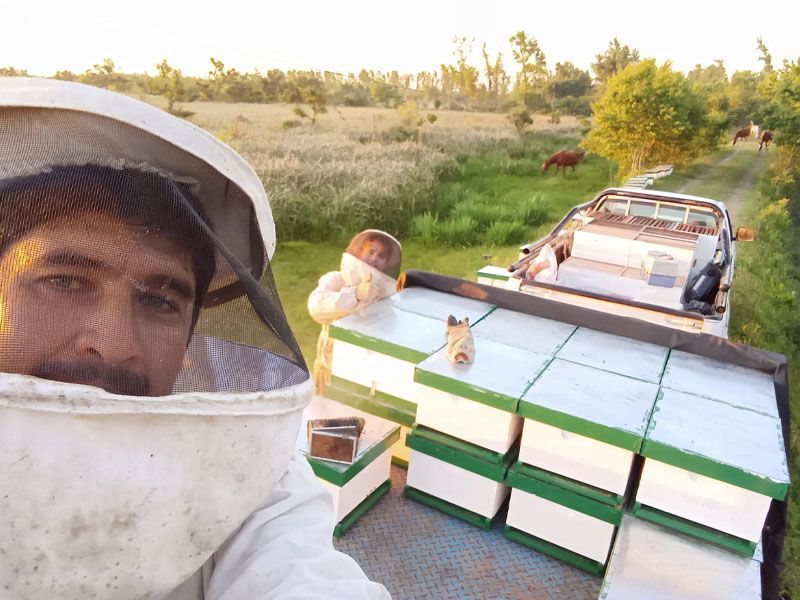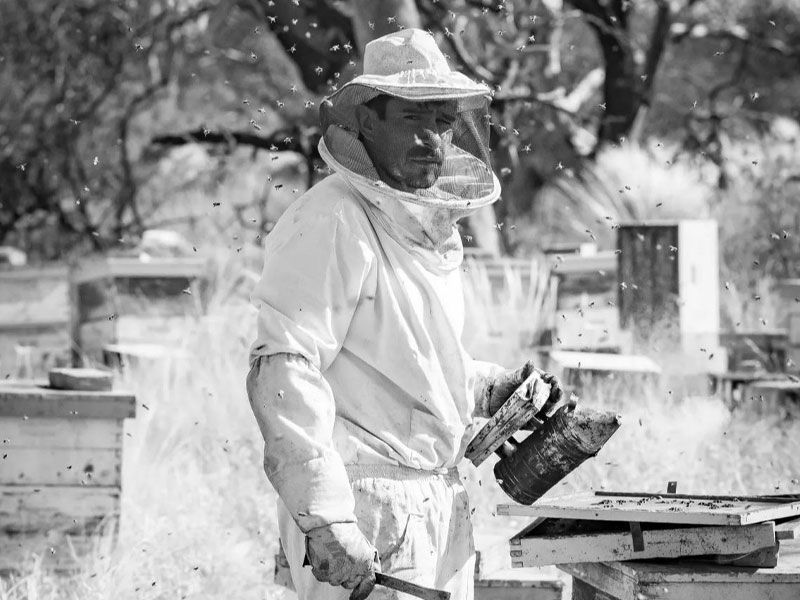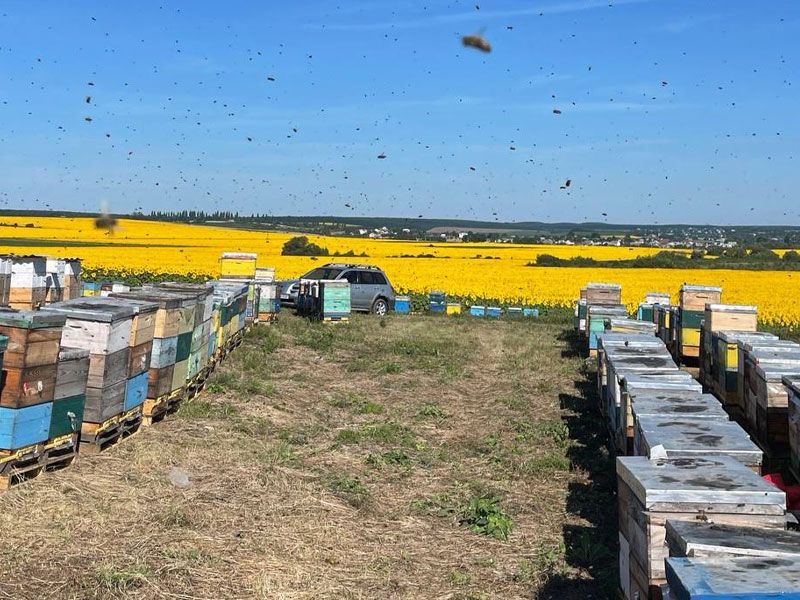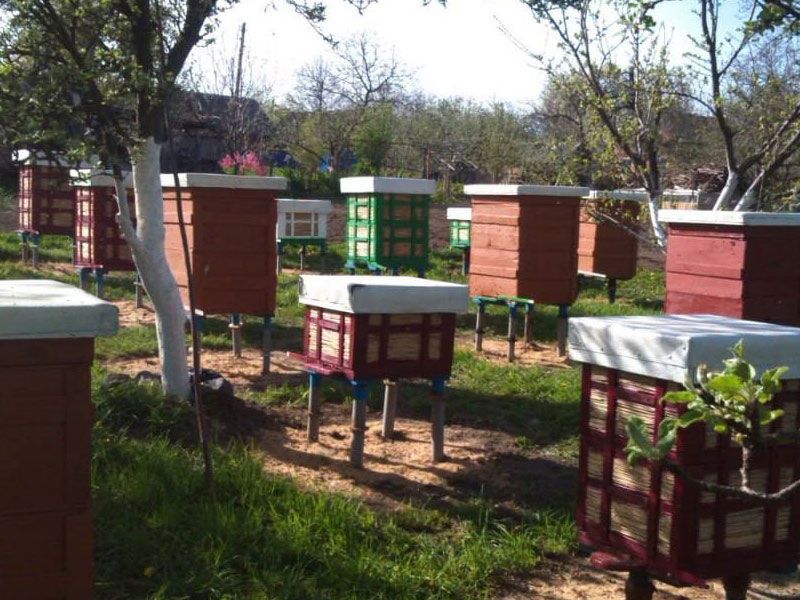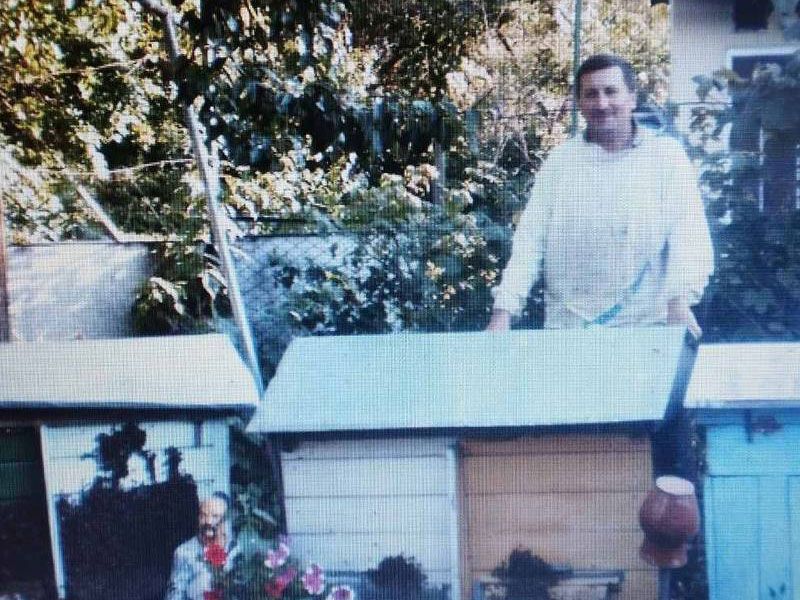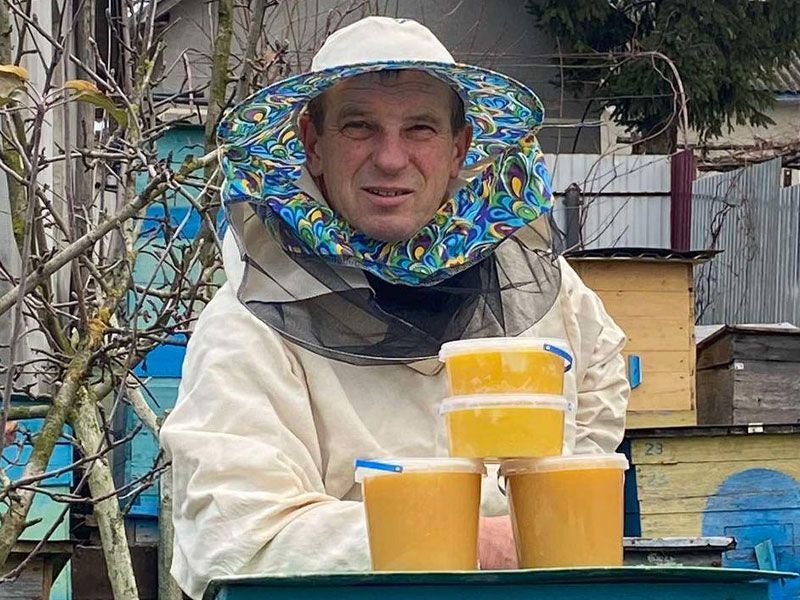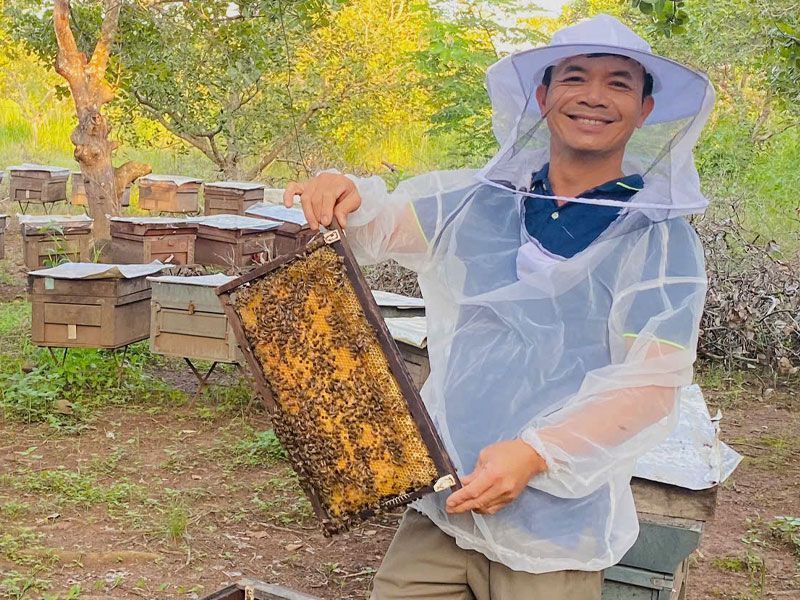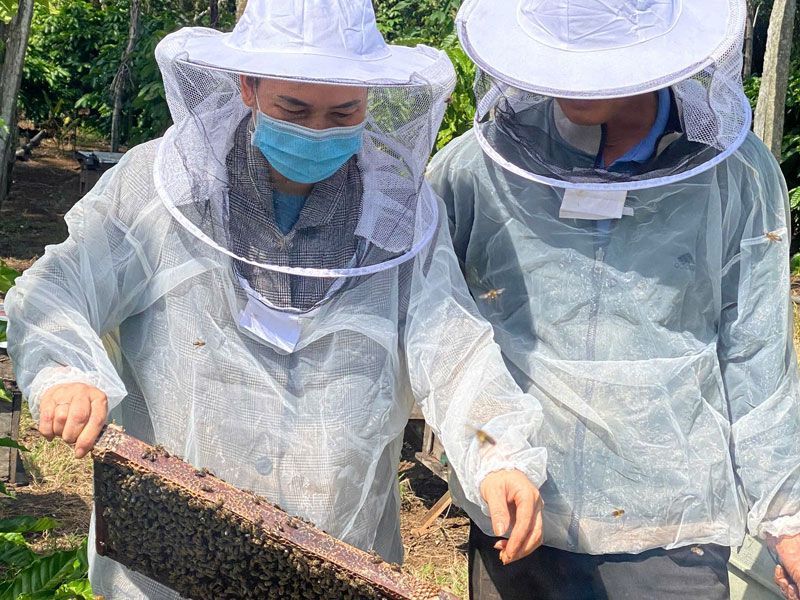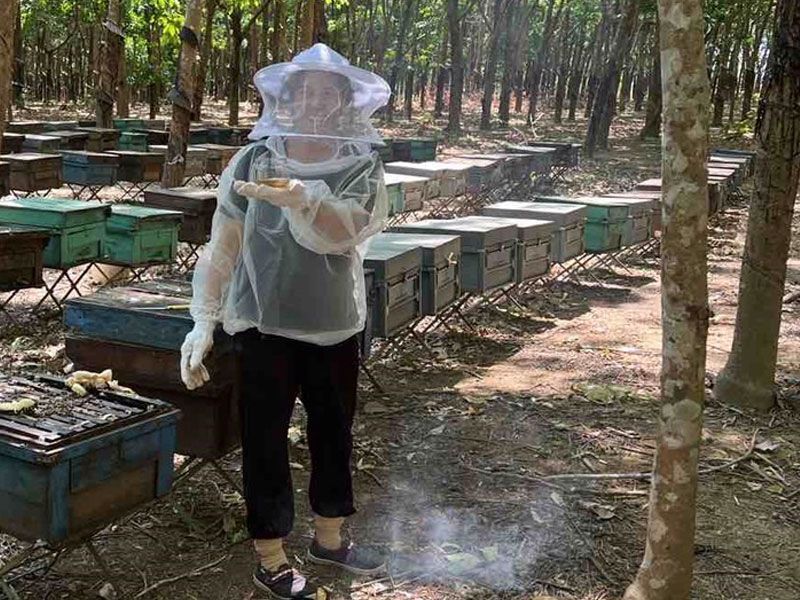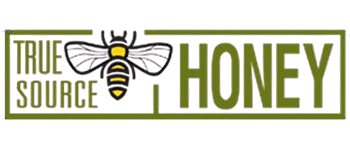Vietnam: Ngoc Duong Nguyen
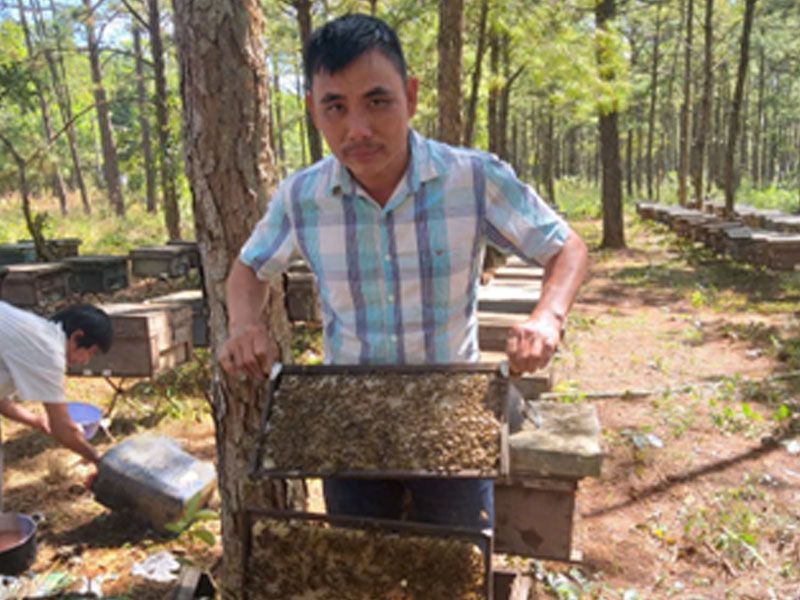
“I was born in Phu Tho province, where there's a long tradition of beekeeping. As a child, I was captivated the first time I saw golden honey and tasted its sharp sweetness with a lingering fragrance. I learned from a beekeeper that the small bees diligently flew in and out of their hives from dawn to dusk, gathering nectar from surrounding flowers to make honey. The sweetness of honey, the hardworking bees, the beekeepers’ skillful care, and their smiles during harvest inspired me to choose beekeeping as my profession, both to fuel my passion and to make a living.
“Working with bees, I grew to admire their organized lives, the remarkable division of labor, and their close connection to the natural environment. Their silent dedication became a mirror for my own work ethic. Honey has become my family's main source of income, allowing us to build a stable, happy life. Our three children can attend school, and we can care for our elderly parents and give my honey to friends and relatives as gift. Traveling with the bees to follow nectar sources has also allowed me to see breathtaking landscapes, learn about the unique customs of different regions, and make friends in their communities. To me, this mobility is one of the most compelling aspects of beekeeping.
“But beekeeping isn't only sweetness and fragrance; it has its share of bitterness and sorrow. With nearly 30 years in this profession, I’ve spent more time with my bees than with my family. Many lonely, cold nights have been spent in forests or isolated fields without conveniences. During storms, I brave the elements to check and protect the hives or even move them urgently. I constantly guard against diseases, parasites, and sometimes even thieves or people who resent the bees out of ignorance. But none of these challenges compares to the despair I feel as a professional beekeeper when we have a bad season or when honey prices fall. In those times, my wife and I face our creditors or find ways to cover expenses like labor, equipment, feed, transport, and loan interest. And we struggle to find the funds to reinvest in beekeeping.
“Years ago, some young people came to me to learn beekeeping, but in recent years, they’ve stopped. Persistent hardships, from crop failures to price drops, have driven many of my colleagues to abandon beekeeping for other work. Most beekeepers left are now over 40 years old, and if things don’t improve, I fear there would be very few professional beekeepers left in the near future.
“Vietnam is a developing country, with over 65% of its population in agricultural activities. Its rich vegetation provides nectar sources for honeybees for up to six or seven months a year. Our nectar plants include coffee, cashew, avocado, rambutan, longan, and lychee, but rubber and tropical acacia trees contribute significantly to honey production yearly. Our honey is good and distinctive in texture, taste, and color, popular among customers. Before 2020, my honey was mainly exported to the U.S., but since 2022, I’ve been disheartened by large stockpiles and lowering prices. I learned that Vietnam’s honey export market faces steep anti-dumping tariffs, the highest among honey exporting countries to this market which has been the most important market for my product. In response, I’ve reduced my number of hives by more than half, yet the income still can’t cover costs since I have no other income source.
“I wish for opportunities to connect with beekeepers abroad from America, Europe, India, Thailand, Japan etc. to share beekeeping knowledge and experiences, to exchange joys and challenges like dealing with natural disasters, bee diseases, bee breeds, and honey marketing. Beekeepers might likely understand my concerns about unfair competition that threaten our industry globally. I hope that solidarity and mutual understanding among beekeepers, consumers, and regulatory agencies can address these issues, helping us secure a stable income and allowing consumers to access best quality of authentic natural honey to boost their health.
“Honey has long been a nourishing food, enjoyed by humans since prehistoric times. Customers buy honey from my farm not only to consume as table honey but also for remedies for coughs, colds, or cooking, and skincare. Honeybees provide not only honey but also are crucial pollinators, enhancing crop productivity, quality, and biodiversity.”
